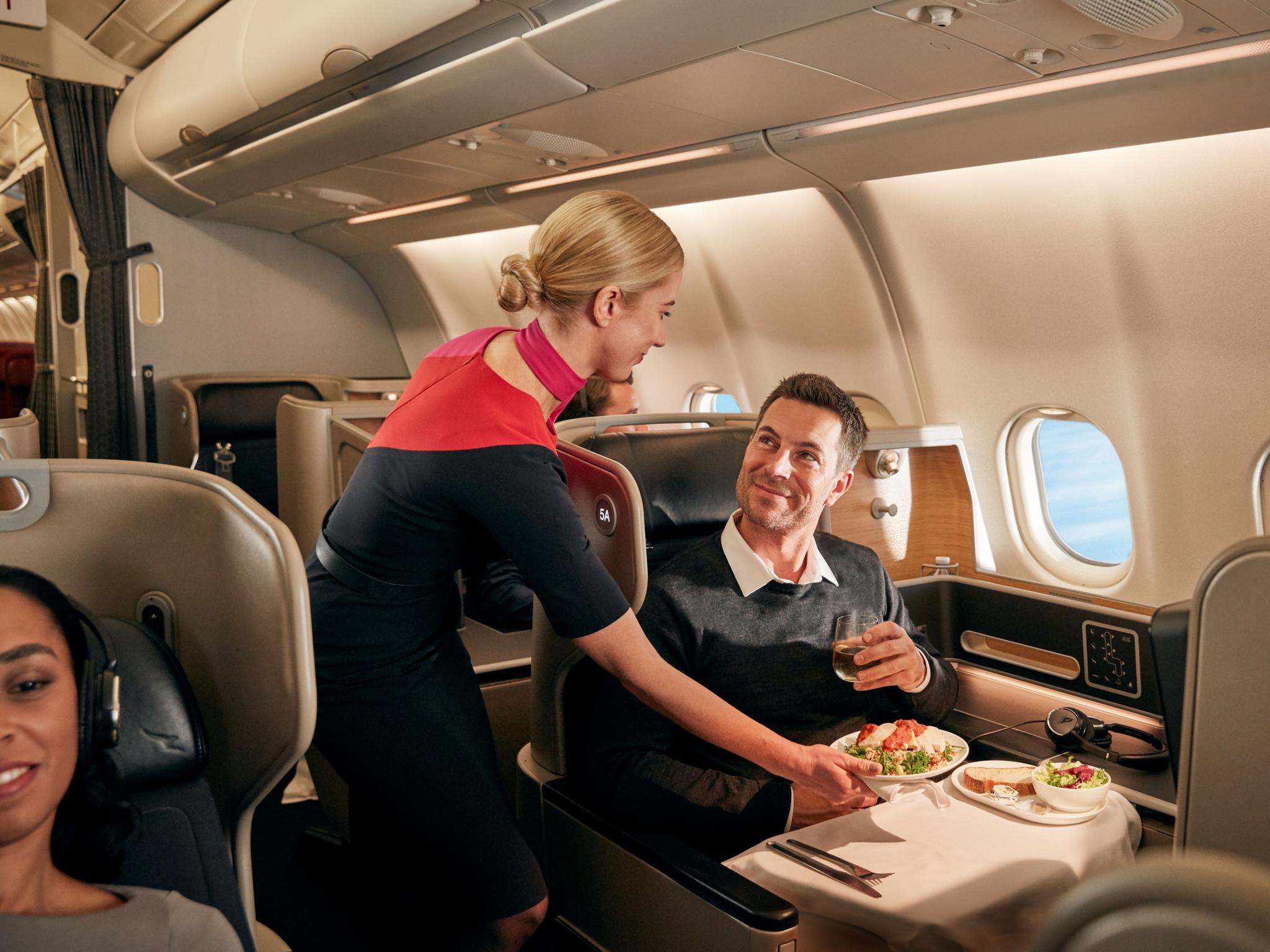Table of Contents
ToggleIntroduction:
Qantas Airways, Australia’s flagship carrier, has long been synonymous with aviation excellence. As one of the world’s leading airlines, Qantas has not only set //colocalnews.com the standard for safety and customer service but has also strategically positioned itself in the global aviation market. This article explores the key business strategies that have allowed Qantas to soar to new heights in the highly competitive airline industry.
- Safety First: A Core Value:
Qantas has a remarkable safety record, and it places safety at the forefront of its operations. This commitment to safety has not only contributed to its reputation as one of the world’s safest airlines but has also become a core value that resonates with passengers globally. This emphasis on safety builds trust and confidence among travelers, a crucial factor in the airline industry.
- Strategic Alliances and Partnerships:
Recognizing the importance of collaboration in the aviation industry, Qantas has forged strategic alliances and partnerships with other airlines. The most notable of these is the Oneworld alliance, a global partnership that allows Qantas to offer an extensive network of destinations and seamless travel experiences for its customers. These alliances enhance operational efficiency and expand Qantas’ reach without the need for significant investments in new routes.
- Customer-Centric Approach:
Qantas places a strong emphasis on providing an exceptional customer experience. From comfortable seating to in-flight entertainment and attentive service, Qantas consistently strives to exceed customer expectations. The airline invests in modernizing its fleet to offer the latest amenities and technologies, enhancing the overall travel experience for passengers.
- Innovative Marketing and Branding:
Qantas is known for its innovative marketing campaigns and strong branding. The airline has successfully used iconic symbols, such as the kangaroo logo, to create a distinct and recognizable brand image. Engaging advertising, sponsorships, and marketing partnerships contribute to Qantas’ ability to stay top-of-mind for travelers when choosing an airline.
- Operational Efficiency:
To maintain competitiveness in a challenging industry, Qantas has focused on operational efficiency. This includes investments in fuel-efficient aircraft, streamlined ground operations, and effective cost management. By optimizing its operations, Qantas can offer competitive pricing while maintaining profitability.
- Diversification of Services:
Beyond passenger flights, Qantas has diversified its services to include freight, loyalty programs, and subsidiary businesses. The Qantas Frequent Flyer program, for instance, has become a key revenue driver, allowing the airline to tap into additional streams of income while enhancing customer loyalty.
- Adaptability and Resilience:
The aviation industry is notoriously susceptible to external shocks, such as economic downturns and global events. Qantas has showcased resilience by adapting to changing market conditions. This adaptability is evident in its fleet management, route adjustments, and financial strategies, allowing the airline to weather economic uncertainties.
Conclusion:
Qantas has established itself as a leader in the aviation industry by adopting a multifaceted approach to business strategy. From a commitment to safety and customer satisfaction to strategic alliances and diversification, Qantas has successfully navigated the challenges of the airline industry. As the global travel landscape evolves, Qantas continues to innovate, ensuring that it remains not only a symbol of Australian pride but a global leader in aviation.

